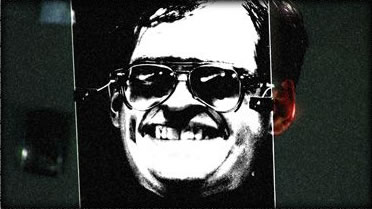(that I saw in the theatre and kept ticket stubs for [so I could do this post]--in no particular order)
The Fast Runner
Spirited Away
Punch Drunk Love
Dirty Pretty Things
Lord of the Rings: The Two Towers (for Gollum)
Igby Goes Down
Master & Commander (for genre subversion--the battle scenes are confusing, insanely bloody, and short so we can get to the Galapagos for long slow shots of weird nature)
Elephant
Kill Bill Vol 2
The Mist
City of God
I Heart Huckabees
Dogtown & Z Boys
Bowling for Columbine
K-19: The Widowmaker (a movie about failed military technology tanked? in 2002?)
Touching the Void
Open Water
Super Size Me
The Life Aquatic with Steve Zissou
The Aviator
Eastern Promises
District 9
Howl's Moving Castle
There Will Be Blood
The Aristocrats
Grizzly Man
Cloverfield
Coraline
Black Hawk Down
Inglourious Basterds

